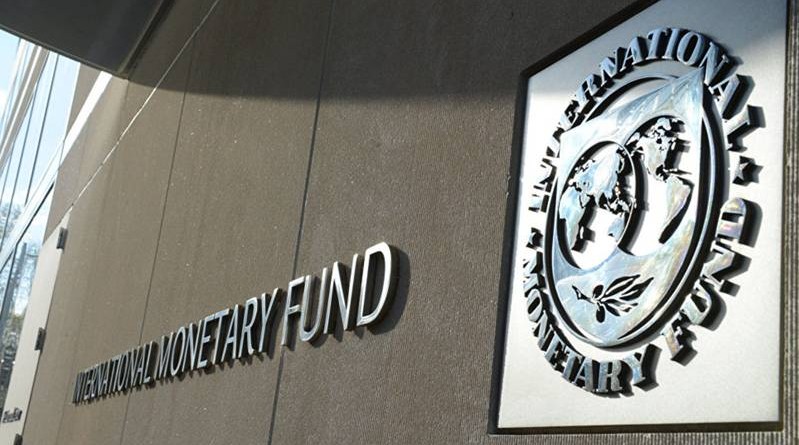IMF asks Nigeria to raise taxes to cut borrowing
The international monetary fund (IMF) has advised the Federal Government of Nigeria to raise taxes and eliminate fuel subsidies if it desired to cut borrowings. They cited the fact that Nigeria’s tax rates and collections are among the lowest in the world and therefore the need for the Government to focus on improving tax compliance and tax brackets in the ecomony.
in a document titled “On the path to Policy Normalization’, the IMF noted that Nigeria’s debt will continue to rise given the revenue raising limitations of the Government and therefore urged the government to remove fuel subsidies and increase the tax rates and direct them towards health and education.
In general, what we are saying about Nigeria is the need for a medium-term plan to reduce debt vulnerabilities over time and is because Nigeria has very low tax revenues,” said Paulo Medas, Division Chief, Fiscal Affairs Department, IMF. As a result, it is now more susceptible to these kinds of shocks and the tightening global economy.
Therefore, we support tax increases because they will free up funds for debt management as well as spending on other objectives. The other aspect of what we suggest is that Nigeria has not previously benefited as much from the oil price boom since a large portion of it was used for these unintended energy subsidies.
Therefore, by switching to more focused subsidies, you may lower the budget deficit and use those funds for other priorities, like education and health, that can actually encourage stronger growth in the future. So having more focused energy subsidies can really be highly advantageous for the economy’s development, debt dynamics, and finances.




